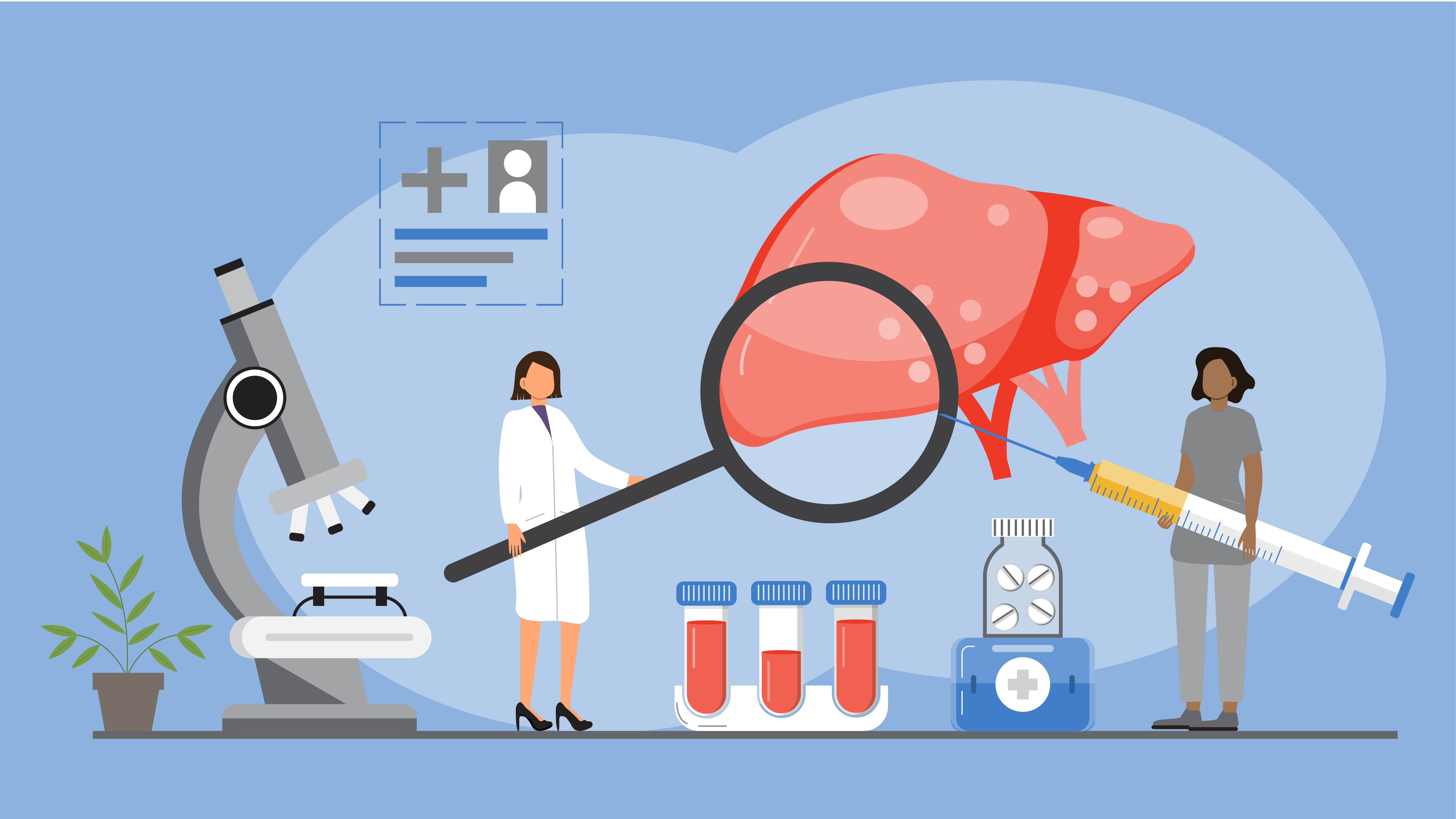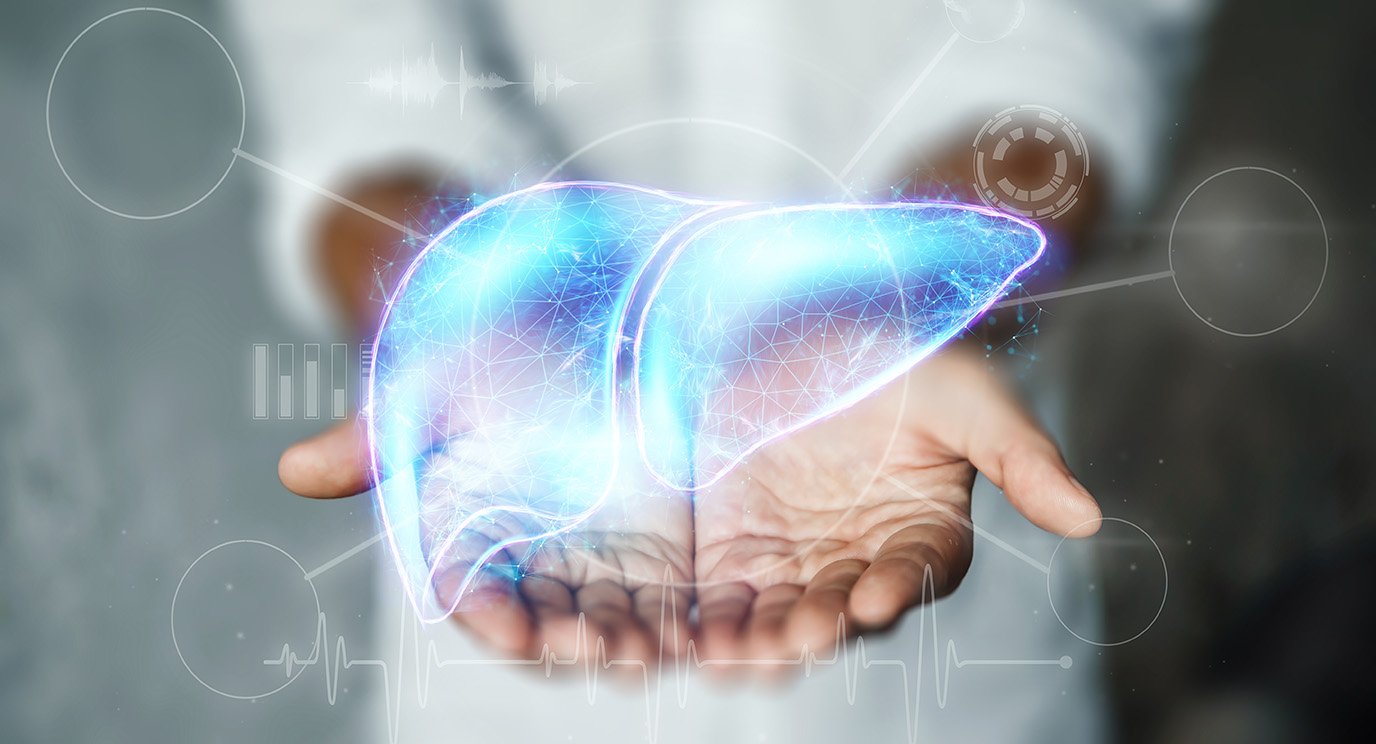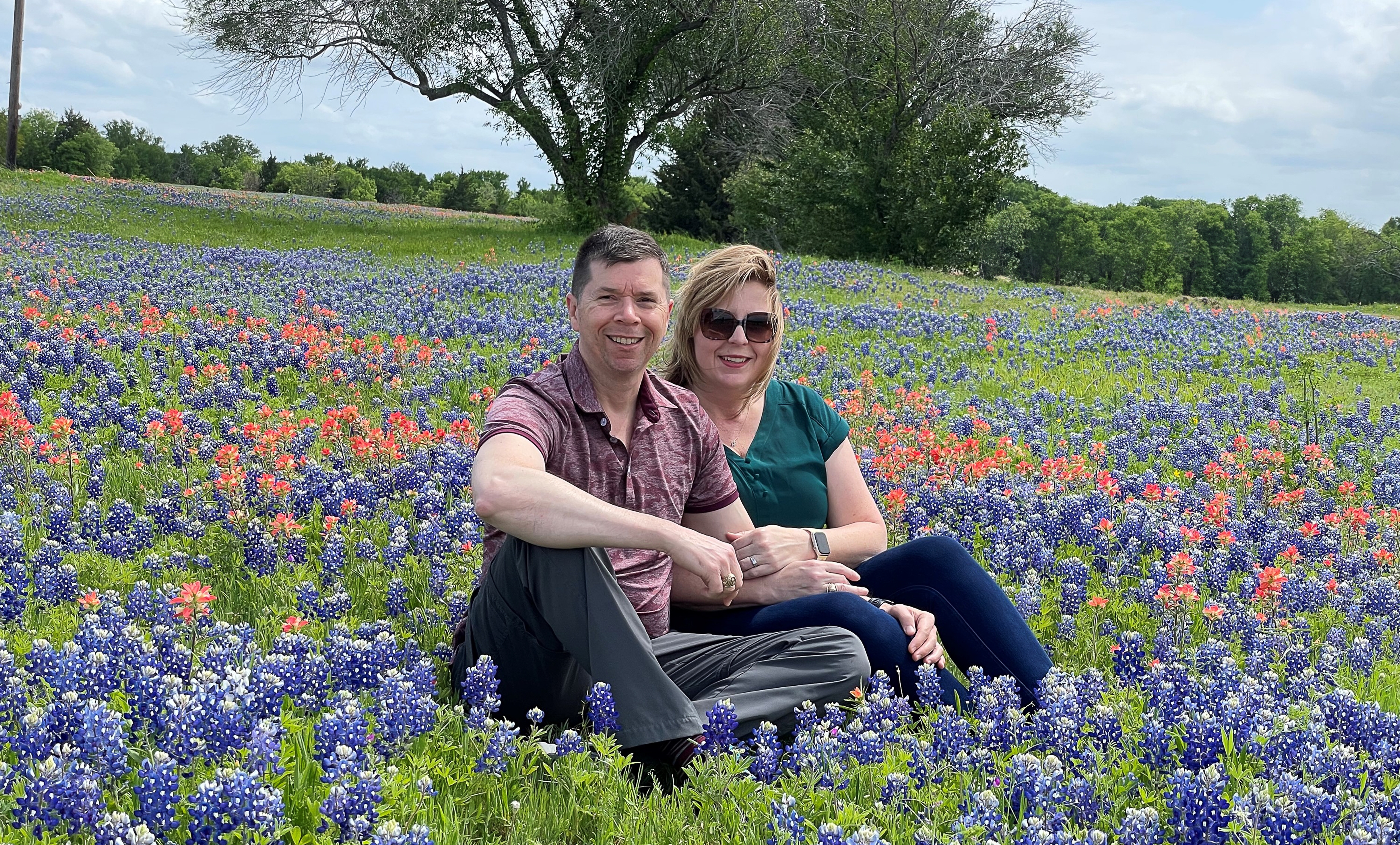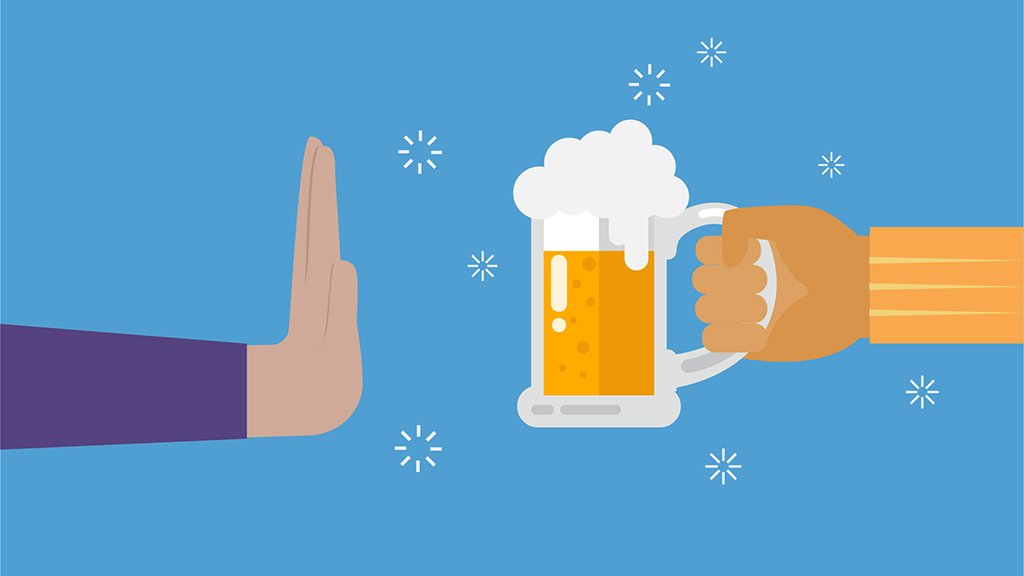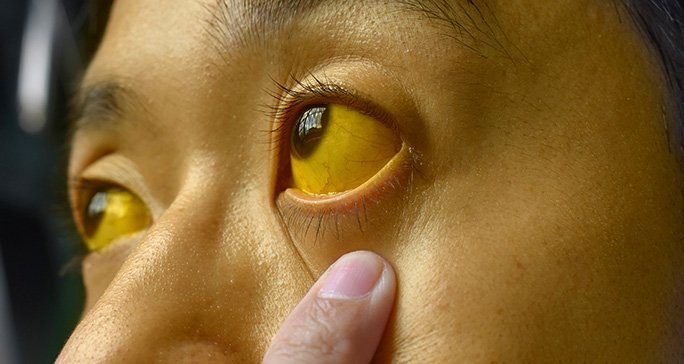- Diseases
- Acoustic Neuroma (16)
- Adrenal Gland Tumor (24)
- Anal Cancer (70)
- Anemia (2)
- Appendix Cancer (18)
- Bile Duct Cancer (26)
- Bladder Cancer (74)
- Brain Metastases (28)
- Brain Tumor (234)
- Breast Cancer (726)
- Breast Implant-Associated Anaplastic Large Cell Lymphoma (2)
- Cancer of Unknown Primary (4)
- Carcinoid Tumor (8)
- Cervical Cancer (164)
- Colon Cancer (168)
- Colorectal Cancer (118)
- Endocrine Tumor (4)
- Esophageal Cancer (44)
- Eye Cancer (36)
- Fallopian Tube Cancer (8)
- Germ Cell Tumor (4)
- Gestational Trophoblastic Disease (2)
- Head and Neck Cancer (14)
- Kidney Cancer (130)
- Leukemia (342)
- Liver Cancer (50)
- Lung Cancer (286)
- Lymphoma (278)
- Mesothelioma (14)
- Metastasis (30)
- Multiple Myeloma (100)
- Myelodysplastic Syndrome (60)
- Myeloproliferative Neoplasm (6)
- Neuroendocrine Tumors (16)
- Oral Cancer (102)
- Ovarian Cancer (178)
- Pancreatic Cancer (160)
- Parathyroid Disease (2)
- Penile Cancer (14)
- Pituitary Tumor (6)
- Prostate Cancer (150)
- Rectal Cancer (58)
- Renal Medullary Carcinoma (6)
- Salivary Gland Cancer (14)
- Sarcoma (238)
- Skin Cancer (300)
- Skull Base Tumors (56)
- Spinal Tumor (12)
- Stomach Cancer (66)
- Testicular Cancer (28)
- Throat Cancer (92)
- Thymoma (6)
- Thyroid Cancer (100)
- Tonsil Cancer (30)
- Uterine Cancer (86)
- Vaginal Cancer (18)
- Vulvar Cancer (22)
- Cancer Topic
- Adolescent and Young Adult Cancer Issues (22)
- Advance Care Planning (12)
- Biostatistics (2)
- Blood Donation (18)
- Bone Health (8)
- COVID-19 (360)
- Cancer Recurrence (120)
- Childhood Cancer Issues (120)
- Clinical Trials (628)
- Complementary Integrative Medicine (22)
- Cytogenetics (2)
- DNA Methylation (4)
- Diagnosis (238)
- Epigenetics (6)
- Fertility (62)
- Follow-up Guidelines (2)
- Health Disparities (14)
- Hereditary Cancer Syndromes (128)
- Immunology (18)
- Li-Fraumeni Syndrome (8)
- Mental Health (122)
- Molecular Diagnostics (8)
- Pain Management (62)
- Palliative Care (8)
- Pathology (10)
- Physical Therapy (18)
- Pregnancy (18)
- Prevention (936)
- Research (390)
- Second Opinion (78)
- Sexuality (16)
- Side Effects (616)
- Sleep Disorders (10)
- Stem Cell Transplantation Cellular Therapy (216)
- Support (408)
- Survivorship (328)
- Symptoms (182)
- Treatment (1788)
Giving others hope after hepatocellular carcinoma
BY MD Anderson
2 minute read | Published April 29, 2015
Medically Reviewed | Last reviewed by an MD Anderson Cancer Center medical professional on April 29, 2015
In 2004, Mike Mason was diagnosed with hepatocellular carcinoma, a type of liver cancer. His doctors said he had four to six months to live. Just days away from his 60th birthday, he was devastated.
"I thought to myself, 'Happy birthday, Mike. You have cancer,'" he recalls.
Mike accepted the diagnosis, but he refused to accept his prognosis. So, Mike returned home to Coffeyville, Kansas, and contacted MD Anderson for a second opinion.
Mike's hepatocellular carcinoma treatment
"As luck would have it, I was assigned to Jean-Nicolas Vauthey, M.D., one of the best at liver resections and liver cancer," says the retired English teacher.
He started hepatocellular carcinoma treatment in October 2004. First, he did eight rounds of chemotherapy to shrink the tumor. After that, he had surgery to remove part of his liver.
He was declared cancer-free in February 2006. Mike credits his entire care team, including physician assistant Steven Wei with saving his life.
Paying it forward
Despite the excellent medical care he received, fear and anxiety lingered throughout Mike's treatment. He didn't want other patients to feel this way.
He found an avenue to do that during a chance encounter in the Hospitality Center at MD Anderson.
There, Mike learned of myCancerConnection, MD Anderson's one-on-one support program that connects trained survivor volunteers with patients who have the same or a similar diagnosis, treatment plan or experience. He learned the program didn't have anyone with his cancer type to speak with other patients. That's when he dedicated himself to volunteering.
Now 70 years old, Mike is one of the most active myCancerConnection volunteers. Since he started volunteering in December 2005, he's been matched with other liver cancer patients 70 times. While most volunteers receive three to five calls a year, Mike has received at least six each year. One year, he handled 15 calls.
"I feel there has to be some reason why I was left here. I think part of it was to share my story," he says.
During these calls, Mike shares information on education and support programs, resources and second opinion options. He also encourages the patients he speaks with to consider becoming myCancerConnection volunteers. His goal is to end each conversation with the person feeling better than before they spoke.
"I want to be a source of hope for people who got that kicked in the gut feeling you get when someone tells you, you have liver cancer and there's nothing we can do for you," Mike says.
"The feeling that maybe you're extending hope -- that's what this is all about."

I want to be a source of hope for people who got that kicked-in-the-gut feeling you get when someone tells you, you have liver cancer.
Mike Mason
Survivor

